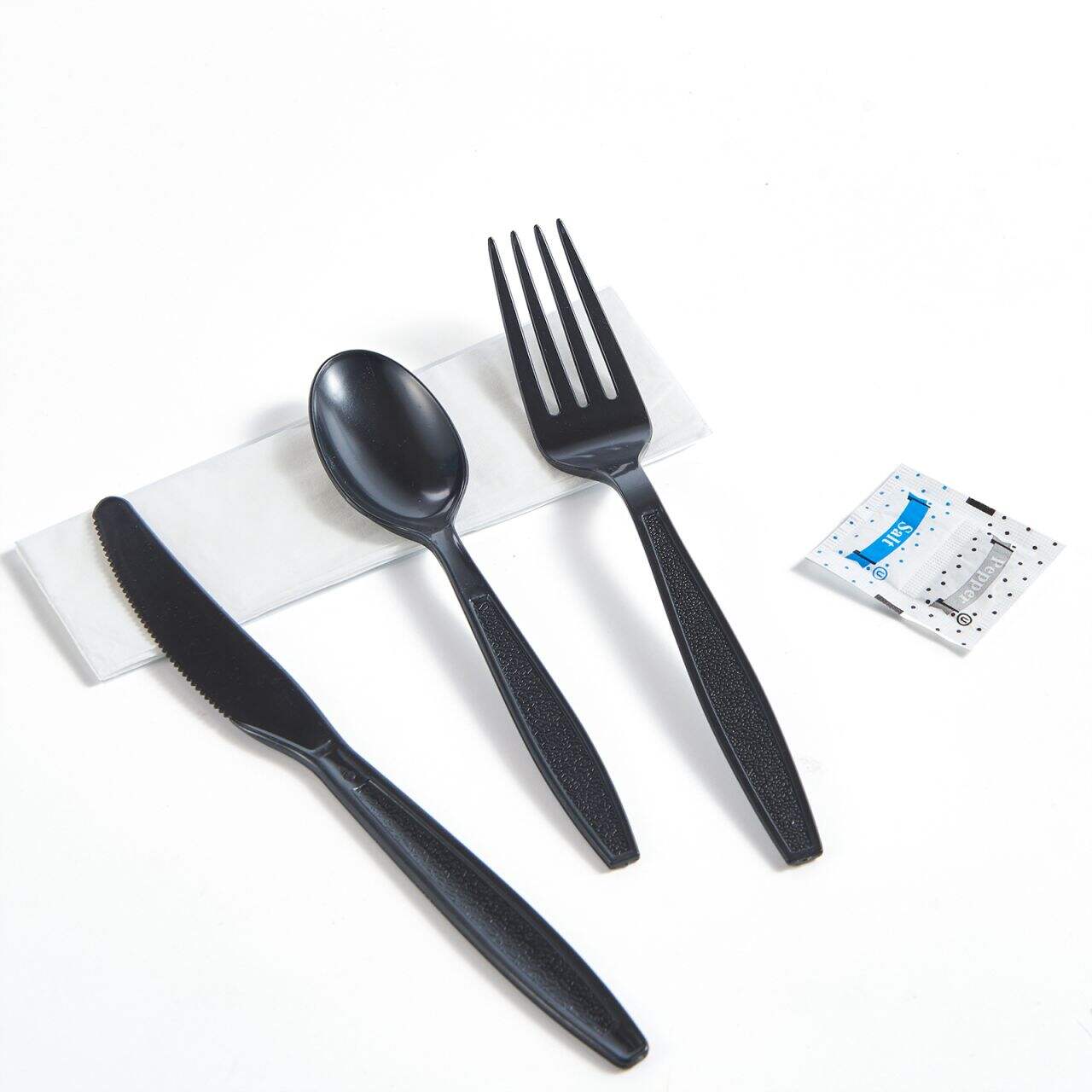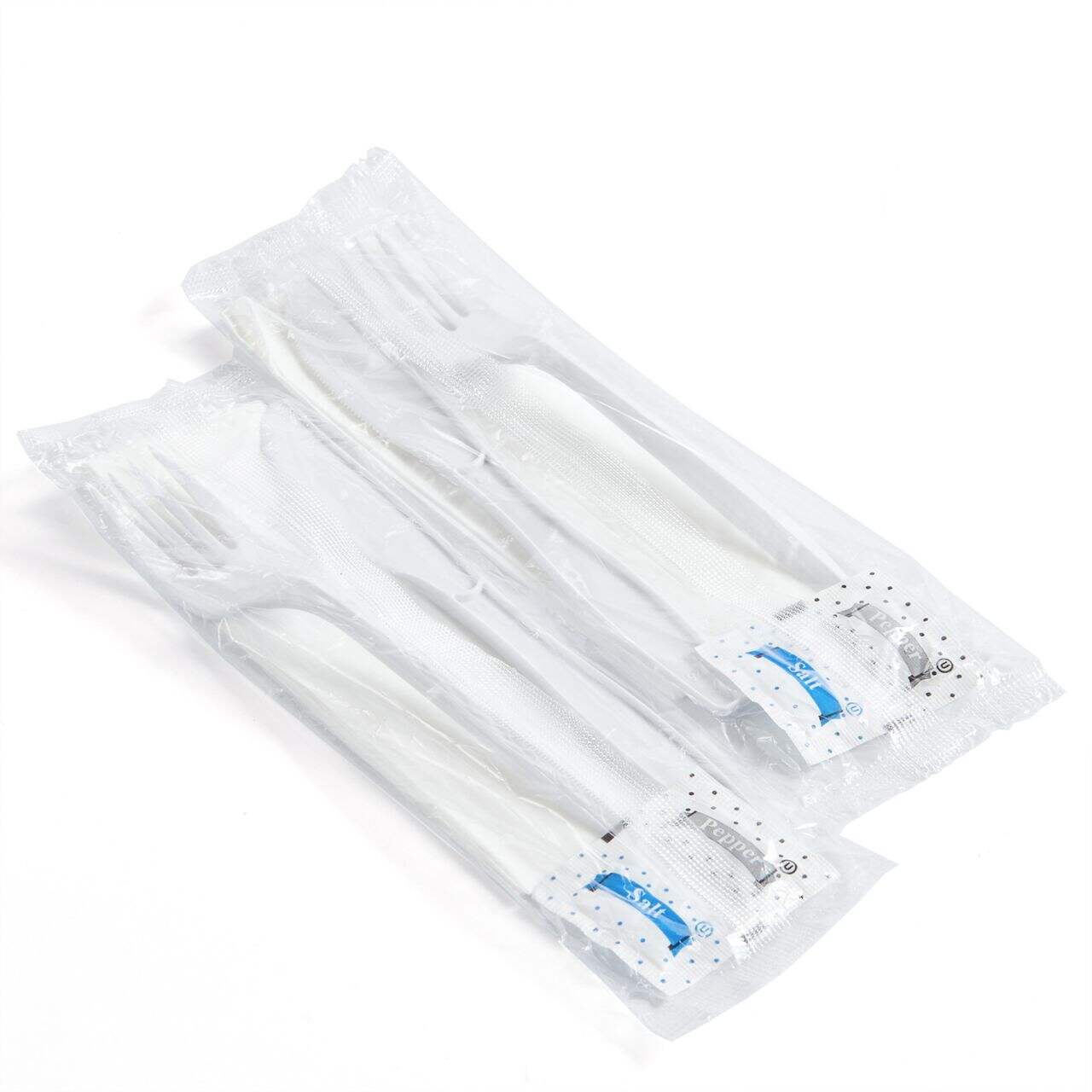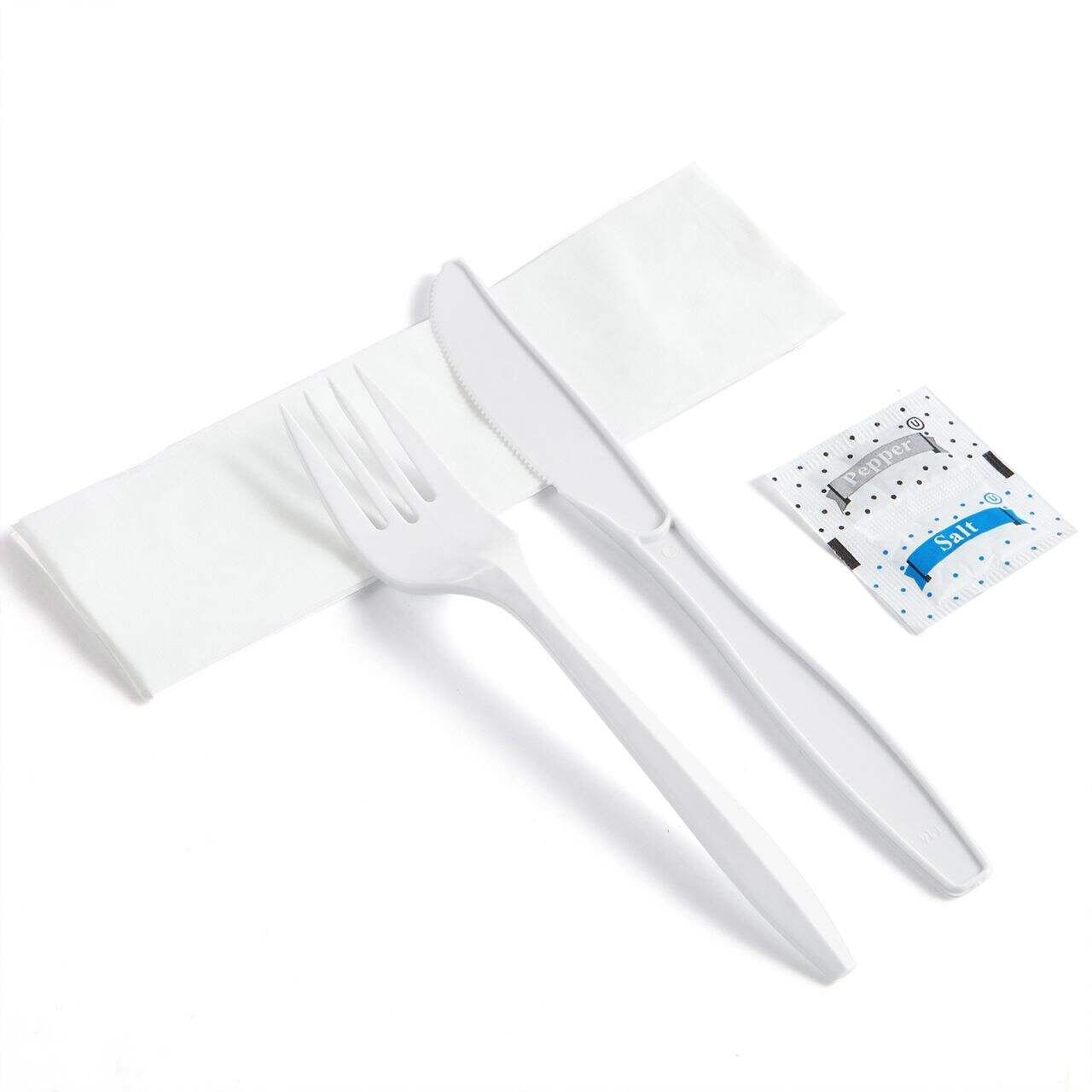These pla plastic cups are so common and easy to use that many of us have turned to them. And they save time on cleaning up dishes after meals, and that's one of the reasons why many families prepare meals in them. But it turns out there are some major issues with plastic utensils we need to be aware of. This article will discuss the issues involved with plastic utensils, what the future of plastic utensils will hold, whether plastic utensils are bad for our health, whether they harm our environment, whether they are a wasteful choice, or whether they are just a convenient option for ourselves
Plastic utensils can be manufactured at a low cost and are easily sourced in stores; hence they are found in very high demand. But they are engineered for single use, so the majority of people discard them after a single wear. It's a huge amount of waste when we toss so many plastic utensils. Plastic takes hundreds of years to decompose and disappear completely, and that waste ends up in landfills, where it can harm animals and the environment.
They are not a very clear idea of the future of plastic plates. We don’t know exactly how they’ll fare in the years to come. But some companies are seeking better methods of making plastic flatware that are gentler on the planet. For example, they are researching the use of cornstarch, potato starch and bamboo to create utensils that will break down naturally once we’re done using them. When turning into waste, these new materials have proved much more harmless to the environment since they can decompose way faster than the conventional plastic, helping reducing pollution and rubbish.
For safety reasons, one should always avoid heating food in any plastic utensils. It allows minute particles of chemicals leach into our food that may be harmful. To ensure safety, it’s prefer to prepare food in utensils that are made up of more safely materials like glass, ceramic, and steel when we heat the food. These materials are not associated with the same potential dangers as plastic, making them a more health-friendly option.

Ditching single-use plastic utensils is damaging to the environment. Billion plastic utensils are discarded every year and our landfills and oceans are crowded with it. This waste can harm animals badly and destroy the planet, and it can take a really long time to go away.” Certain plastic can take centuries to decompose fully, so it lingers in our environment for a cross generations.

By recycling plastic utensils, we can help reduce this problem. But, because they are too small or made from materials that are difficult to recycle, many plastic utensils cannot be recycled. As a result, a lot of plastic cutlery goes to landfills, where it can take decades to decompose. This is a significant issue since it is leading to the bigger issue of waste generation in our society.

On the other hand, we must seek alternatives to plastic utensils to protect the environment. Others, in instead, produce renewable resources, that being biodegradable utensils, that can grow back naturally. If we go with these options, we can have the ease of disposable utensils without the destruction of the Earth. In doing this the convenience we enjoy can be enabled while at the same time we can be smart and look after our planet.